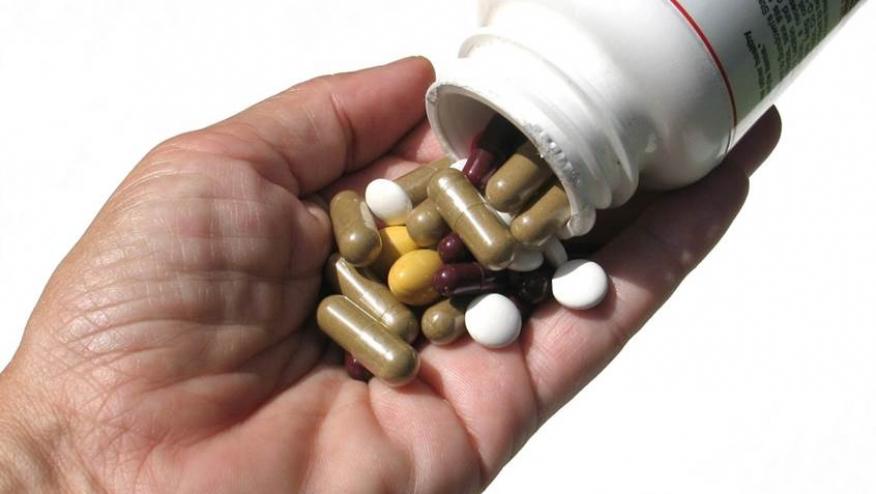Polypharmacy Impairs Rheumatoid Arthritis Outcomes Save

A French early rheumatoid arthritis (RA) study has shown that polypharmacy (PP) was associated with significant lower treatment responses and more serious adverse events (SAEs).
Data was drawn from the French ESPOIR study, a prospective study of early RA. Polypharmacy was defined as concurrent use of 2 or more non-RA medications by the patient. The endpoints were the occurrence of SAEs (severe infections, hospitalizations, deaths) throughout a 10-year follow-up period.
The trial included 497 early RA patients. DAS 28 remission (REM) at one year (after the first DMARD) was:
- 32.1% in the PP group
- 67.9% in the non-PP group (P = 0.07)
- At f5ve years, REM was 45% vs 56.3% (PP vs non-PP group (P = 0.03).
Overall polypharmacy patients (taking two or more medications; excluding RA therapy) had a 40% lower chance of achieving REM at five years (adjusted OR 0.60;0.38–0.94], P = 0.03) and 43% lower at 10 years (adjusted OR 0.57)
Serious adverse events (SAEs) were higher in the PP group - 86.4% PPvs 49.8% non-PP group (P = 0.03).
PP serves as a good surrogate for comorbidities, but also for complexity in management and lower expectancies in outcomes.










If you are a health practitioner, you may Login/Register to comment.
Due to the nature of these comment forums, only health practitioners are allowed to comment at this time.